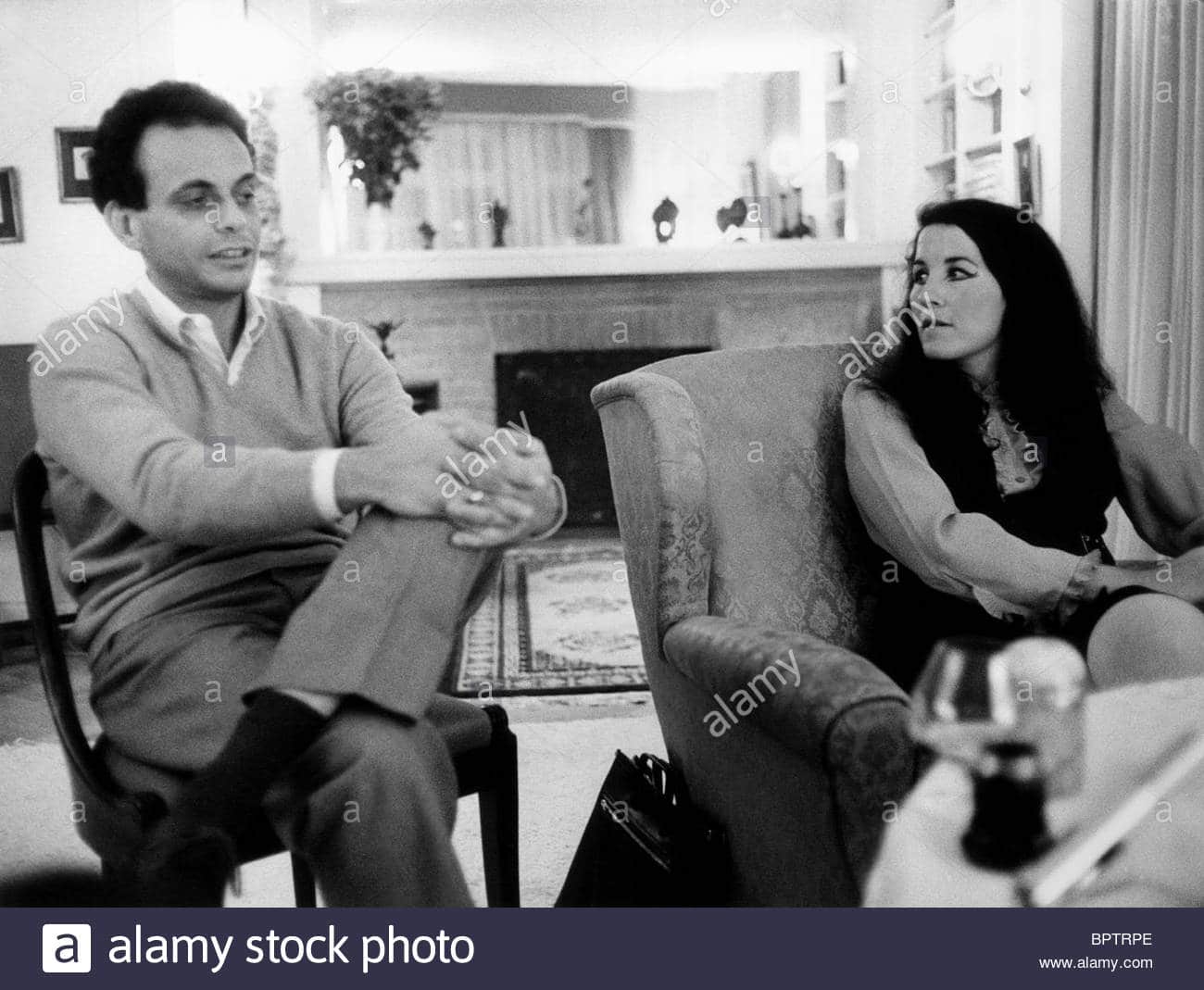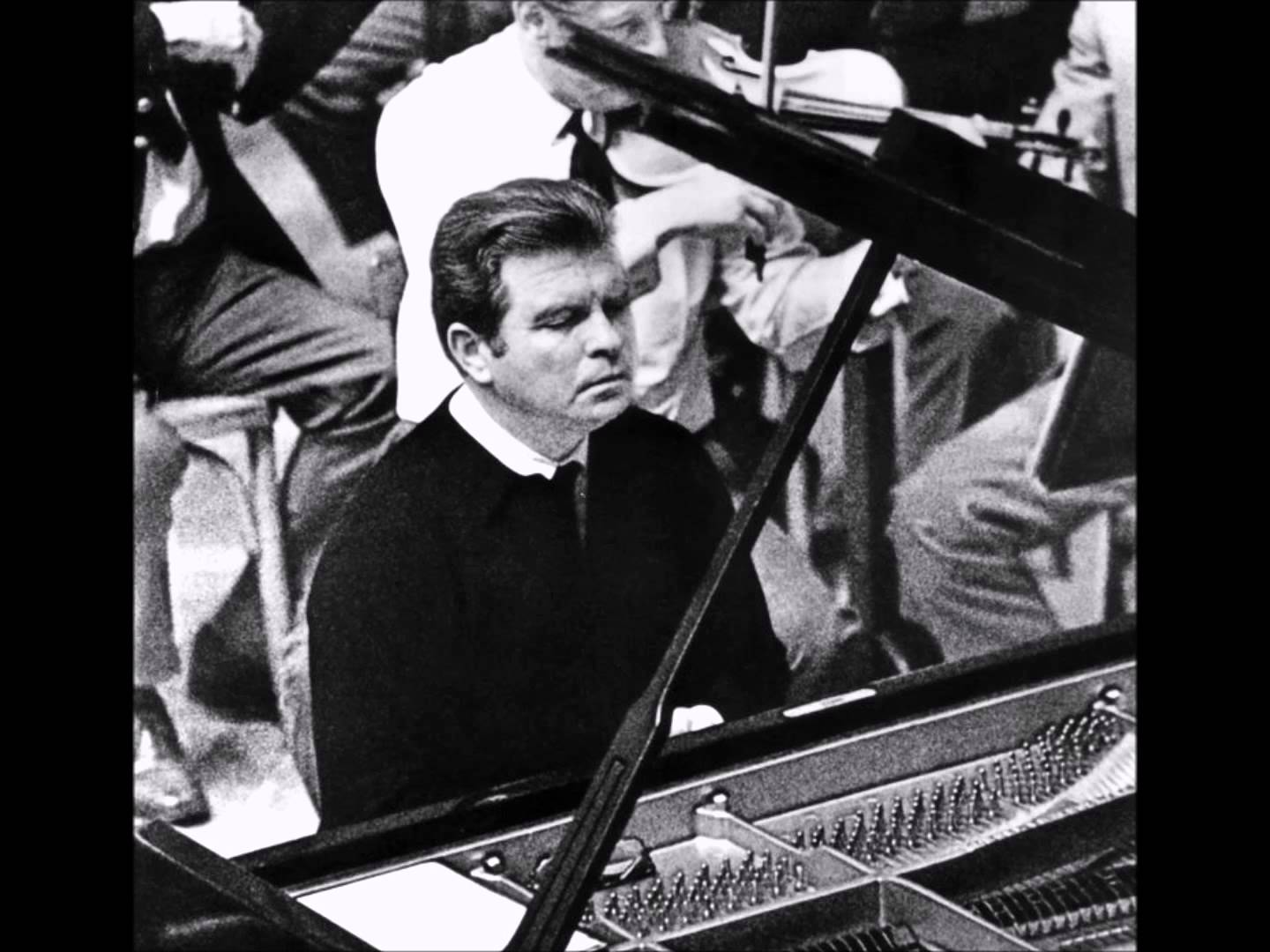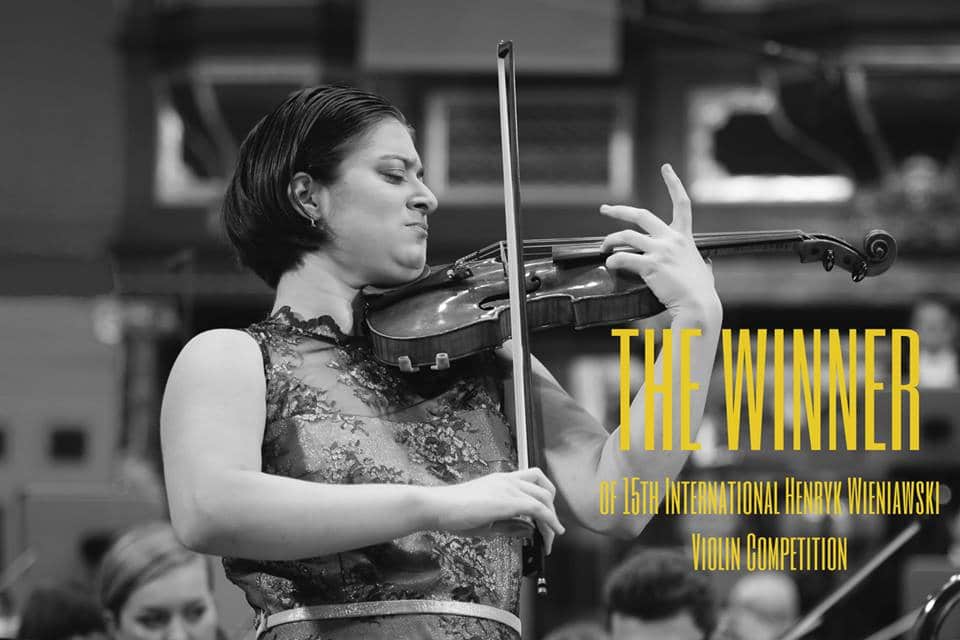Two messages from the British pianist and conductor James Sherlock. Last week:
Four weeks ago I was attacked in Ion Gardens off Columbia Road as I was walking home. I visited the site yesterday with my sister, where the council have since installed new street lamps across this little park. In six years in the East End, I’ve felt safer here and in London generally than in most other towns in the country.
The group of four took everything I had, passport, phone, computer with valuable work, concert clothes and scores, before attacking me with a mace and/or knuckle dusters leaving multiple fractures in the eye socket and cheekbone.
The NHS are a national treasure: Prof Simon Holmes rebuilt my face in an amazing operation which he has demonstrated on the BBC’s An Hour to Save your Life, for the distinctly unsqueamish. The result should mean a return to full sight and health in a few months.
Victim Support and Saving Faces are fantastic. As are my friends. And family.
And today:
Over the past two days, many of you have contributed towards a justgiving fund set up by my friend Nazan. If she had asked me first about setting up this fund, I would have said no – I find it difficult to ask for help from friends, and almost as difficult to accept it. Due to her initiative, the response has overwhelmed many of us, and the fund she set up will now recover the items stolen during my attack.
More than this, of course, your thoughts and messages have brought comfort – I will try to write to everyone over the coming weeks. As musicians, we live wonderful and perilous existences. Our bodies are our instruments and vessels. This attack came at a time where I also hadn’t played the piano seriously for 16 months, cancelling a hundred-or-so dates. It hasn’t been easy to talk about this publicly, as much as anything for fear of losing future work. It has become a little easier with a shift of focus towards conducting and composing.
Others know better than I how to be open and humble about struggles; to facilitate help for others where we can, as Nazan and each of you have done for me. That this has happened against the backdrop of the loss of one of my family’s dearest friends shines another light on the preciousness of today. So I will learn to accept your generosity, and try to live with the same spirit I’ve been shown.
So far, more than £10,000 has been raised to help James’s recovery. Please give here, if you can.

James studied at Trinity College Cambridge, the Guildhall School of Music, the Georg Solti Accademia and the Franz Schubert Institut. He is a winner of the Royal Overseas League Piano Competition and the ROSL award for accompanists, Das Lied International Song Competition, the BBC Performing Arts Trust, Award for Young Concert Artists and Gold Medallist at the Marcello Galanti International Organ Competition. His recordings have won awards from Gramophone, BBC Music and International Piano Magazines. James is a Fellow of the Guildhall School of Music & Drama, a Samling Artist and Director of Music at Hampstead Parish Church.
A short, cautionary tale from Israela Margalit.
Read here.

Jon Schmidt of the Piano Guys crossover group is searching for his daughter Annie who went missing last week while hiking in the ‘tooth rock’ area of Portland, Oregon.

Annie’s car was found on Thursday in the Columbia River Gorge near Bonneville Dam. Her family have not heard from her since last Sunday.
Please share the appeal with anyone you may know in the area.
Friends,
We need your help. Jon’s daughter, Annie, went missing this week. We are searching in the “tooth rock” area of Portland, Oregon. If anyone was hiking around there last Sunday and saw her — or if you know someone who might have seen her there please call the local Portland police. It will narrow our search. She would have been wearing a gray or green beanie. We need everyone’s prayers too. Thank you.
Per Wastberg, a member of the Swedish Academy that bestowed the literature prize on Bob Dylan, has said his failure to respond to the honour was disrespectful. The committee don’t even know if he will attend the awards.
‘One can say that it is impolite and arrogant. He is who he is,’ Wastberg told Dagens Nyheter in Stockholm.
Or you could look at it the other way. The Academy chose Dylan to capitalise on his celebrity after losing public profile with a string of obscure winners.
Dylan has refused to play their game. He doesn’t need their money and he doesn’t want to share his fame.
His reticence commands respect.

photo (c) Don Hunstein/Lebrecht Music&Arts
The management of the Pittsburgh Symphony has agreed to meet a federal mediator this week, its first breach of isolation since the musicians went on strike at the end of last month.
They have also agreed for an independent expert to examine the finances.
Signs of the icecap melting in Fort Worth as well. The two sides met Saturday for the first time in weeks, both indicating they would like the dispute to be settled before the holidays.

The Bayreuth chief is to receive a state medal for ‘services to Bavaria in a united Europe’.

Because a united Europe believes that cultural assets should be controlled by the hereditary principle?
A memoir by the Swedish pianist, Lars Jönsson:
When I studied in Moscow from 1990 to 1993, there were many people with personal memories of Gilels, and the love and admiration for his art was still very much felt. One of the most surprising things to me, though, was that Gilels’ name was not on the ‘golden wall’ outside the small hall of the conservatory. That wall showed the names of students who passing their exams with distinction, such as Rachmaninov, Scriabin, Richter etc. – an intimidating list when you are a student.
Strangely, Gilels is not on that list. I asked my professor, Lev Naumov, himself a student of Heinrich Neuhaus. He said he had never thought about it.
One of the theories offered to me was that Gilels, due to his early success, never finished his studies at the conservatory. Another rumour was the strained relationship with Neuhaus, who was fascinated by Richter, leaving Gilels – to some people’s opinion – hurt and jealous. But in what way this had, or hadn’t to do with his name not being mentioned, no one could tell.
I personally think he didn’t do his exam due to all his concert obligations.
As a teacher in the conservatory, he was famous and feared for his strictness and austerity. This side of his personality obviously affected his fellow teachers. Because of this, he wasn’t very popular ‘v kons’.
His recollections about his own studies in Odessa with his first, and as he says, only teacher are very touching. He believed that one should either teach, or perform. Teaching requires full commitment to the student, something he had with his own teacher, and performing would always be in conflict with this.
But he was required to teach in Moscow, and so he did.

*
A colleague of mine once saw him some minutes before he was to go on stage for a recital in Moscow. He told me Gilels was standing behind the stagedoor, pale and with closed eyes mumbling “ne mogu, ne mogu” (I can’t, I can’t).
Gilels and the other great musicians of his time and place faced constant demands and threats from the Soviet regime, often making them play concerts they didn’t want to play.
Veriko Tchumburidze, a Georgian living in Turkey, won the Wieniawski Competition in Poznan last last night.
Joint second were Bomsori Kim (South Korea) and Seiji Okamoto (Japan).
Fourth and fifth were Luke Hsu (USA) and Richard Lin (Taiwan/USA).
The final stage was marred by an ill-tempered outburst on Polish Radio by the controversial jury member Zakhar Bron, denouncing the elimination of his pupil Mone Hattori and saying some of the finalists had given ‘disastrous’ performances in the semis.
‘I am sorry, but yesterday’s concertos – Brahms and Shostakovich were a disaster. I don’t know what jury will say, but that is my opinion. Usually I wouldn’t be so rigorous and assertive in my judgement but I don’t know how much time I have in this world. That is why I wanted to clarify, that many decisions made by the jury this year was wrong”
You can listen to his comments here.
Polish media are suggesting that the result marks a severe blow for Bron’s influence in the competition industry.

Veriko Tchumburidze, who is 20, has received support from the Güher-Süher Pekinels Young Musicians on World Stages project. She plays a 1756 violin made by Giambattista Guadagnini, on loan from a German foundation.








